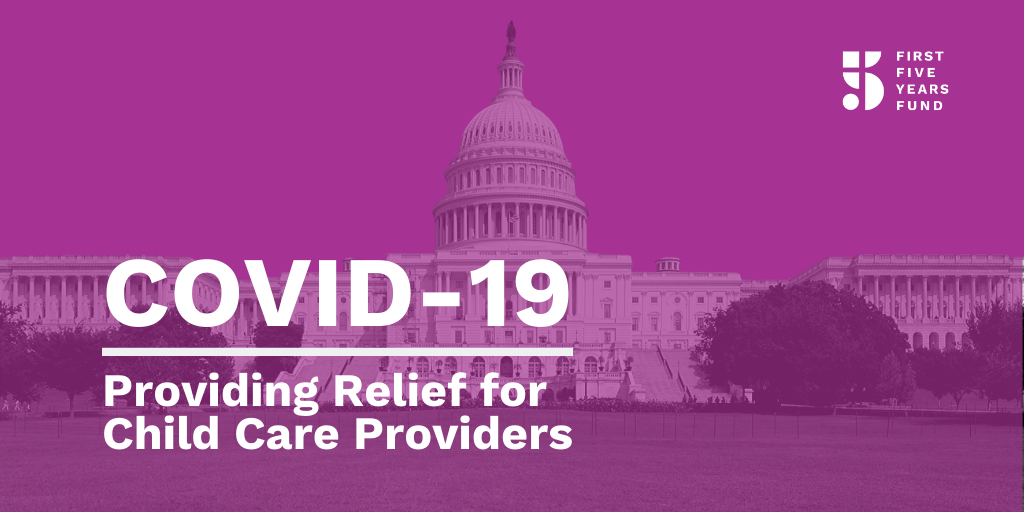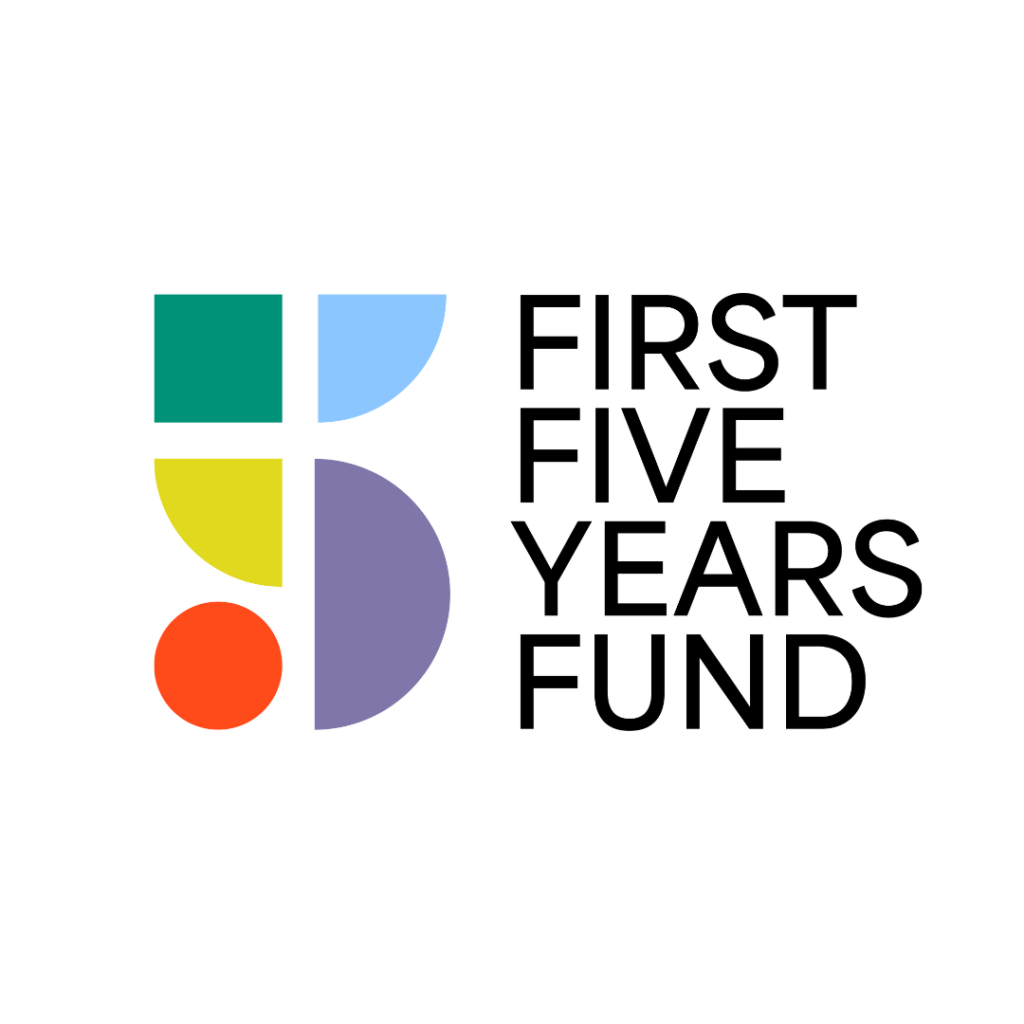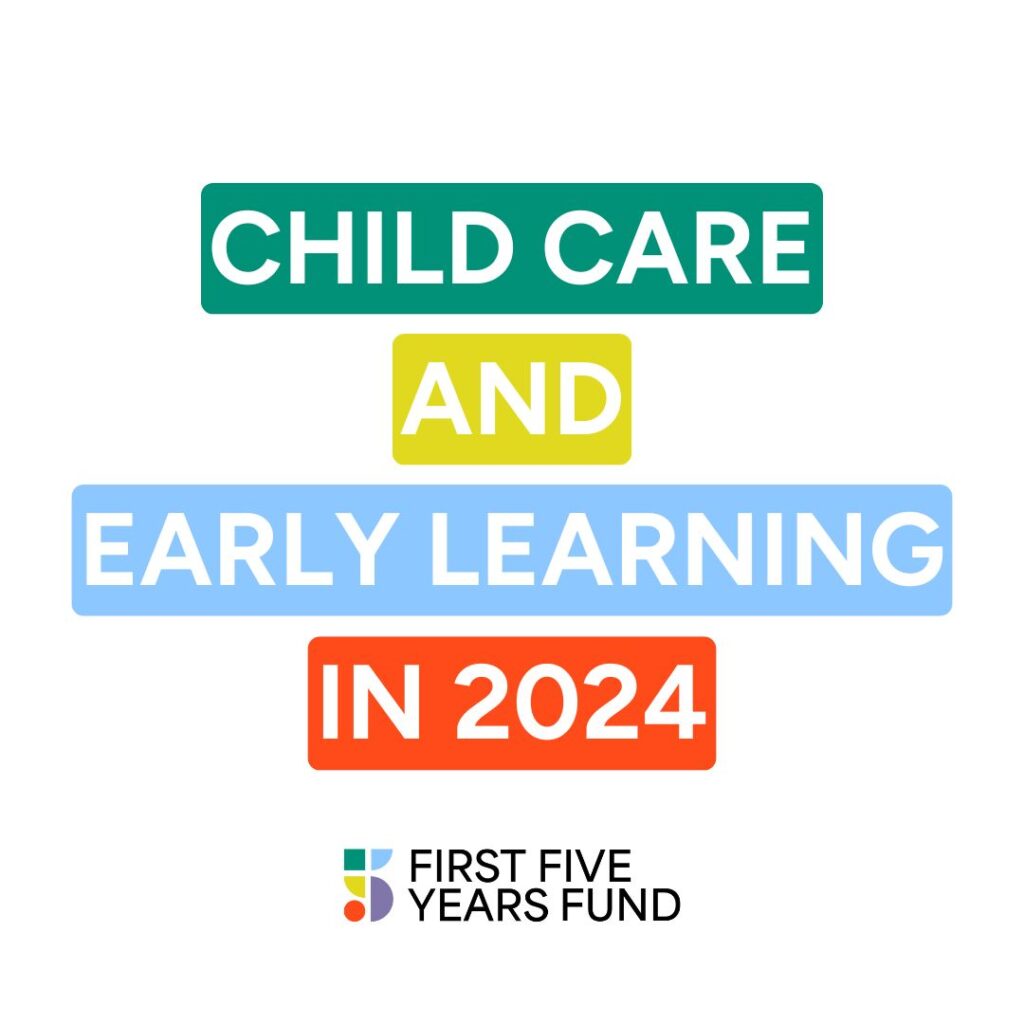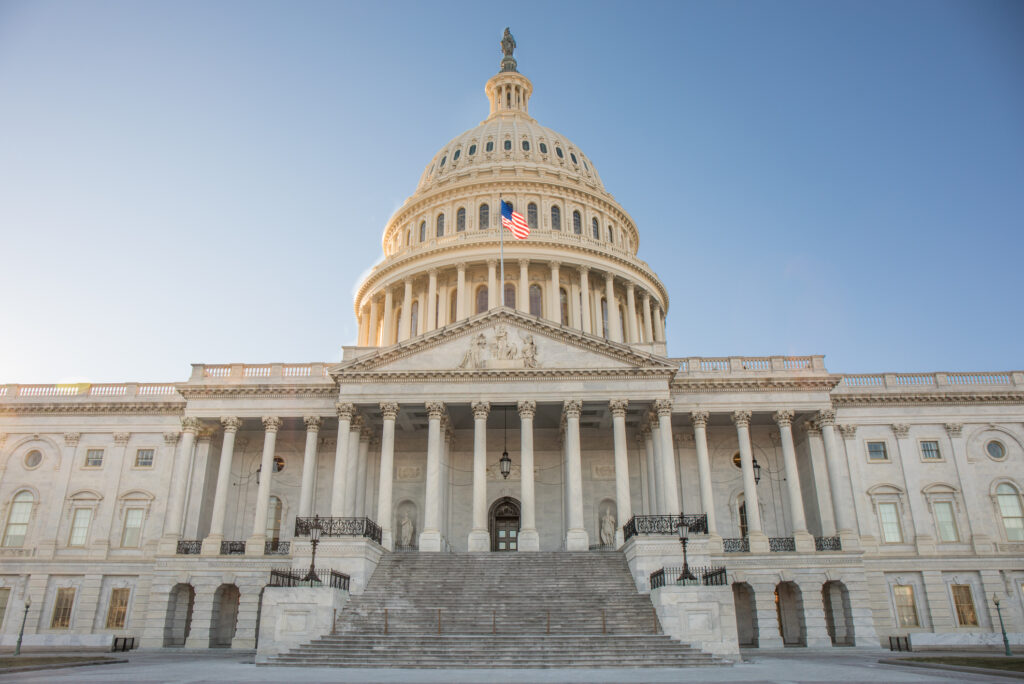Congress to Provide Additional Funding for Select COVID-19 Relief Programs

UPDATE: On April 23, 2020, the House of Representatives voted to pass the emergency relief funding passed by the Senate earlier this week. President Trump signed the bill into law on April 24, 2020.
Today, the Senate passed additional emergency relief funding that supplements funding for a number of critical programs intended to provide financial assistance to small businesses in the Coronavirus Aid, Relief, and Economic Security (CARES) Act. The “Phase 3.5” legislation, which passed this afternoon with bipartisan support following negotiations between Congressional leaders and the White House, provides $310 billion in additional funding to the Paycheck Protection Program (PPP) and an additional $60 billion for the Small Business Administration’s Economic Injury Disaster Loans (EIDL). It is expected that the bill will pass the House and be signed into law later this week.

The Paycheck Protection Program, which was initially funded at $349 billion under the CARES Act, is designed to help small businesses keep their workers on the payroll and stay afloat during the COVID crisis to avoid closing permanently. Loans provided through this program will be forgiven by the SBA if all employees are kept on the payroll for eight weeks and funds are used for payroll, rent, mortgage interest, or utilities. You may also hear this referred to as the “7(a)” program. EIDL is an existing SBA program that was expanded substantially through the CARES Act. The EIDL program provides small businesses in designated disaster areas with working capital loans of up to $2 million and is available to small businesses, nonprofits, independent contractors, and sole proprietors. Recognizing the urgent need of many small businesses, the CARES Act allows EIDL to provide up to $10,000 in emergency advances for eligible businesses through December 30, 2020. This is an advance on a larger loan application and will be available within three days of application. These advances do not need to be repaid.
Passed by Congress and signed into law in late March, the CARES Act is a sweeping economic stimulus bill to provide relief to America’s families, small businesses, and major industries as they struggle with the effects of the COVID-19 crisis. Included throughout the package is significant relief for the nation’s child care industry, which has been hit with widespread layoffs and closures as a result of catastrophic drops in enrollment, as well as direct support to states and families who are grappling with the child care realities of this pandemic. Details about the support made available in the bill, which now heads to the House for final passage before being signed into law, are available online here.
According to a recent survey of more than 5,000 child care providers conducted by the National Association for the Education of Young Children (NAEYC), 53 percent of child care centers and 25 percent of child care homes have applied for PPP loans, but the program ran out of funds within 13 days. While we wait to fully understand the impact PPP funds will have on the child care industry, we do know that 69 percent of providers surveyed are concerned about taking on debt or loans and are worried about paying them back.
As Congress continues to discuss additional emergency relief legislation, FFYF and many of our national partners have shared recommendations to address the needs of child care providers and families. It is critical that Congress recognize that child care is the backbone of our economy and provide significant, dedicated relief. If we allow this industry to collapse, our nation’s path to recover will be incomplete.
Subscribe to FFYF First Look
Every morning, FFYF reports on the latest child care & early learning news from across the country. Subscribe and take 5 minutes to know what's happening in early childhood education.



